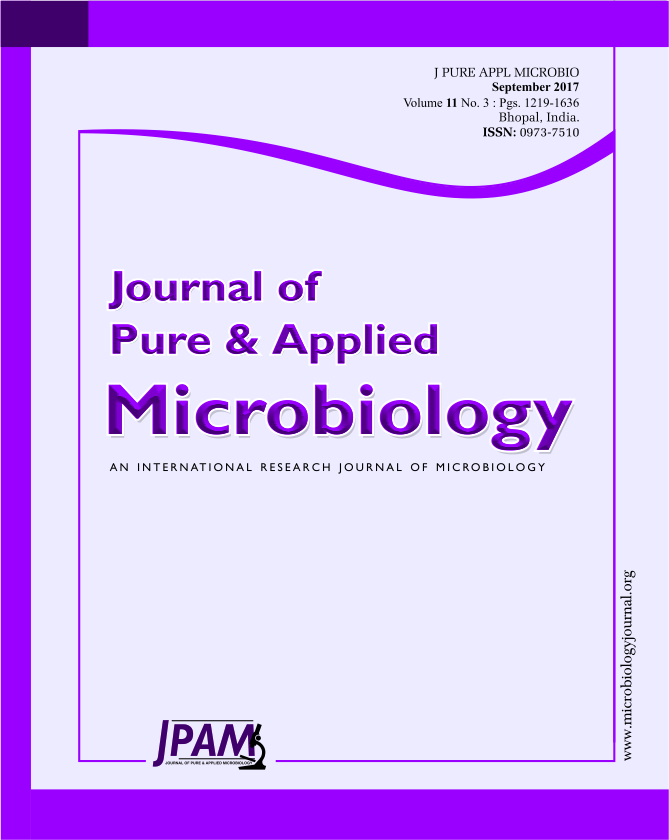The current research was conducted to study the qualitative analysis and antimicrobial activity of different extracts of Viscum. album L. Screening of Viscum album for their chemicals was led by familiar qualitative procedures, which exposed the existence of a number of bioactive compounds including alkaloids, saponins, tannins, flavonoids, terpenoids, steroids, reducing sugar and phenols. The antimicrobial activities were investigated by disc diffusion method. Investigation of the data discovered that all of the five extracts of Viscum album stems, leaves and fruit showed diverse range of antimicrobial activities. Ethyl acetate, butanol, water and crude extracts showed maximum inhibitory effects against all the microbial species. Especially, Gram-positive bacterial and fungal pathogen. The most liable, gram-positive bacteria were Bacillus subtilis, Bacillus atrophaeus and Staphylococcus aureus, which were repressed by all extracts except n-hexane. The most susceptible gram-negative bacterial species were Escherichia coli, Erwinia carotovora and Agrobacterium tumefaciens where as the most resilient gram-negative bacterium was Salmonella typhi. The results have also supported the practice of aqueous extract were found to be in effect against Salmonella typhi and Escherichia coli. Thus, our findings have provided support for the use of Viscum album stems, leaves and fruit in traditional medicines.
Phytochemical screening; antimicrobial activities; Viscum album; bacteria; disc diffusion method.
© The Author(s) 2017. Open Access. This article is distributed under the terms of the Creative Commons Attribution 4.0 International License which permits unrestricted use, sharing, distribution, and reproduction in any medium, provided you give appropriate credit to the original author(s) and the source, provide a link to the Creative Commons license, and indicate if changes were made.


